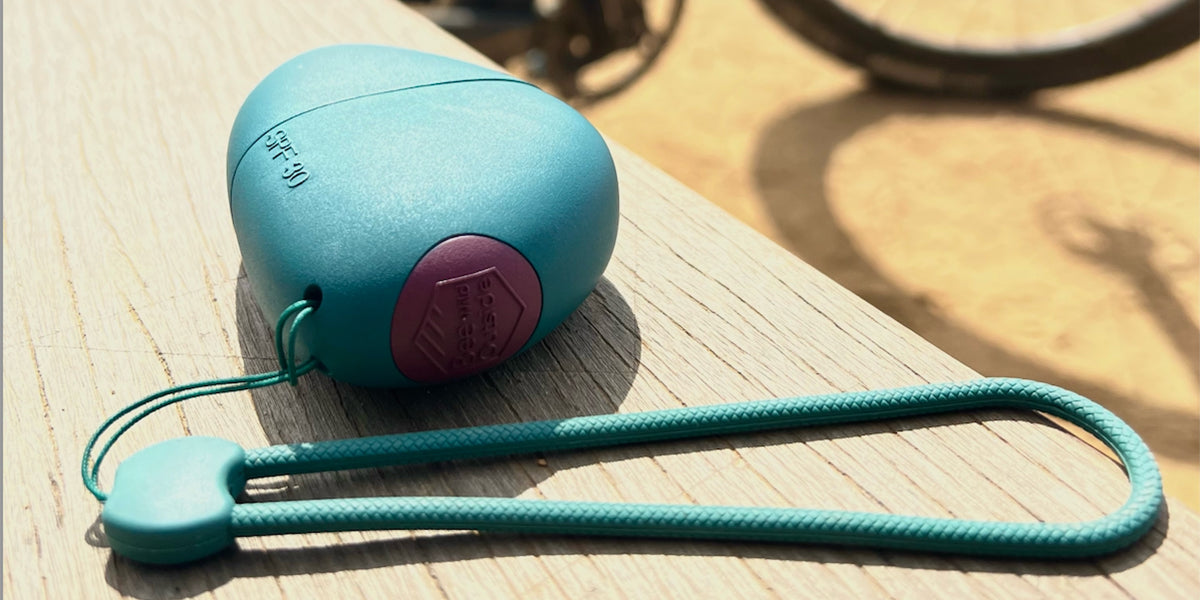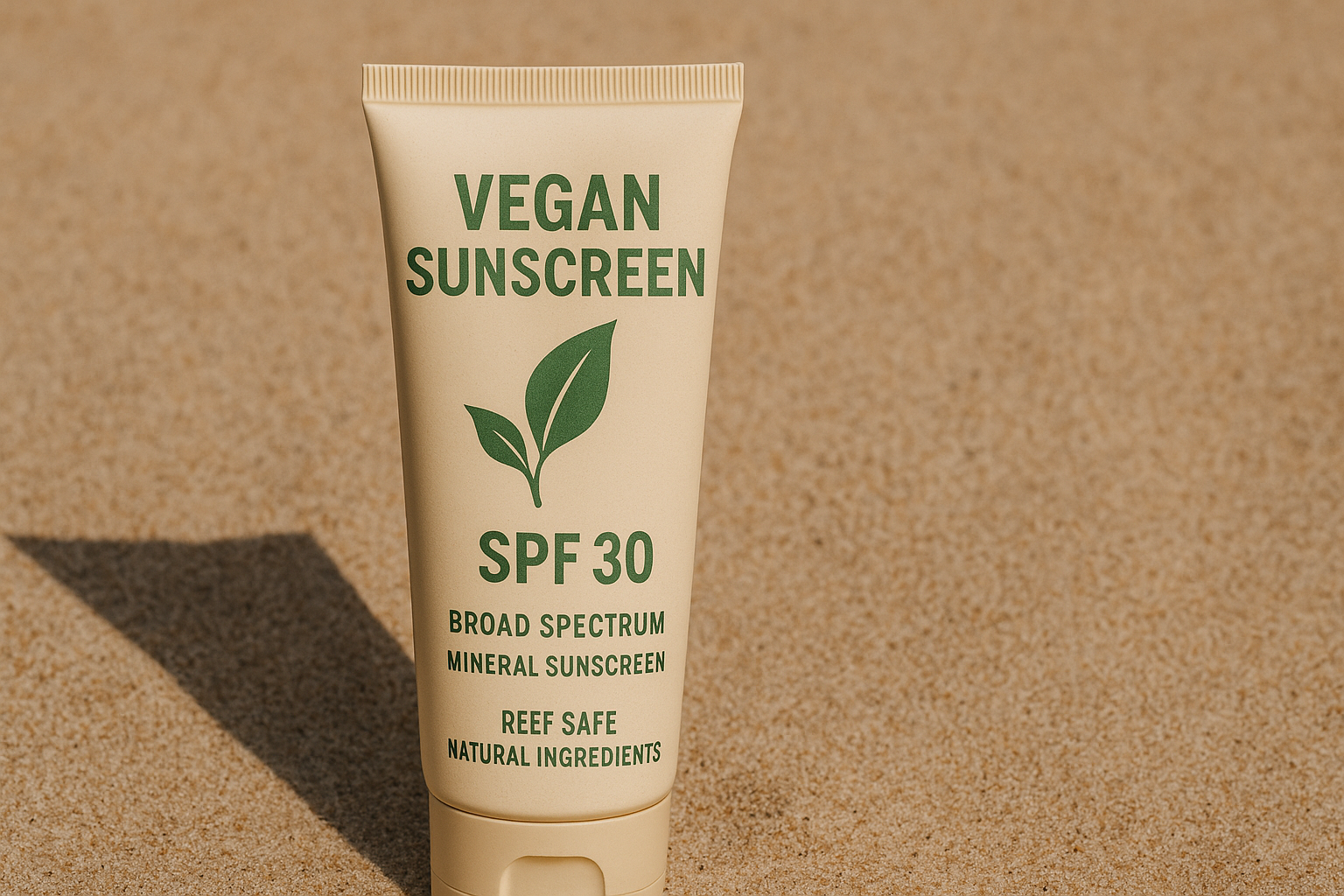
What Makes a Good Sunscreen?
By Alexandra Merlino
The best sunscreen is the one you'll use every day. Taking care of your skin is often an overlooked but essential part of your overall health. In terms of sun safety, the best sunscreen is one you'll use consistently. We've surveyed many people about their sunscreen preferences, and despite individual differences, some clear trends have emerged regarding what people look for.
Why Should You Care About Sunscreen? Sun safety is one of the most commonly neglected areas of skincare and healthcare. How severe is this neglect? Although sun damage can happen year-round, studies show that over 82% of Americans don't wear sunscreen daily. By mid-2021, an estimated 45% of the U.S. population had already experienced sunburn that year!
As your sun exposure increases, so does the risk of long-term skin damage. Here are the two most common risks:
Skin Cancers: Sun damage can increase your risk for various skin cancers. The deadliest is melanoma, which accounts for 75% of skin cancer deaths. Notable non-melanoma skin cancers include basal cell and squamous cell carcinomas.
Premature Aging and Skin Damage: Excessive sun exposure accelerates the loss of elastin and collagen, resulting in leathery, rough skin. Up to 90% of the aged appearance of skin is linked to over-exposure to the sun.
It's never too late to change personal habits. You can protect your skin and enjoy the outdoors safely by wearing sunscreen daily, reapplying as directed, seeking shade during peak sun hours, and wearing protective clothing.
How Often Should You Reapply?
Sunscreen is a vital product year-round and suitable for all weather conditions, but it must be both applied and reapplied for optimal protection. The general rule of thumb (as recommended by the FDA) is to reapply every two hours or after swimming or sweating (check your water-resistant sunscreen label for exact times, which are typically between 40 to 80 minutes).
Sunscreen protection breaks down over time for several reasons:
Sun Exposure: Direct sunlight can naturally degrade sunscreen throughout the day.
Physical Removal: Most people unintentionally rub sunscreen off, making themselves vulnerable to harmful UV exposure. Touching your face, blowing your nose, or removing and replacing your hat and glasses can all disrupt your sunscreen coverage.
Water and Sweat: Swimming, sweating, or showering can wash away sunscreen, diminishing its effectiveness.
For optimal protection, regular reapplication of sunscreen is crucial! By making reapplication a standard part of your skincare routine, you'll be taking an essential step toward achieving healthy, glowing skin.
What Do People Really Want in Sunscreen? Everyone has different preferences, but we found commonalities during our customer discovery. Here's what our interviewees agree on:
Formula Must-Haves:
NO white cast
Lightweight texture
Non-greasy finish
Preferred Application Types (ranked by customer preference):
Lotion
Spray
Gel
Stick
Powder
Interestingly, we originally intended to create a refillable sunscreen stick, but customer discovery revealed that sticks are the least preferred application method. Sunscreen lotion was overwhelmingly favored.
Chemical vs. Mineral: Which Should You Choose? There's a lot of discussion surrounding mineral versus chemical sunscreen ingredients, but both types can effectively protect your skin from harmful UV radiation. Our interviewees were divided 50/50 on their preferences.
Chemical Sunscreens: Active ingredients like avobenzone, octinoxate, and oxybenzone are absorbed into your skin, where they absorb UV rays, convert them into heat, and then release them from your body before they can cause damage.
Mineral Sunscreens: Active ingredients like titanium dioxide and zinc oxide sit on your skin, acting like a shield and deflecting rays before they penetrate.
Finding Your Perfect Match Whether you prefer a lightweight lotion, a refreshing spray, or a convenient stick, there's a sunscreen perfect for you. By choosing a formula that feels good on your skin and fits your lifestyle, you'll be more likely to use it daily and stay protected from harmful rays.
Remember, your skin is your body's largest organ and deserves the best care you can provide. By selecting a sunscreen that works for you and prioritizing sun safety, you'll invest in your health and happiness for years to come. The key is finding the perfect balance between effective protection and a formula you'll actually want to use every day.


